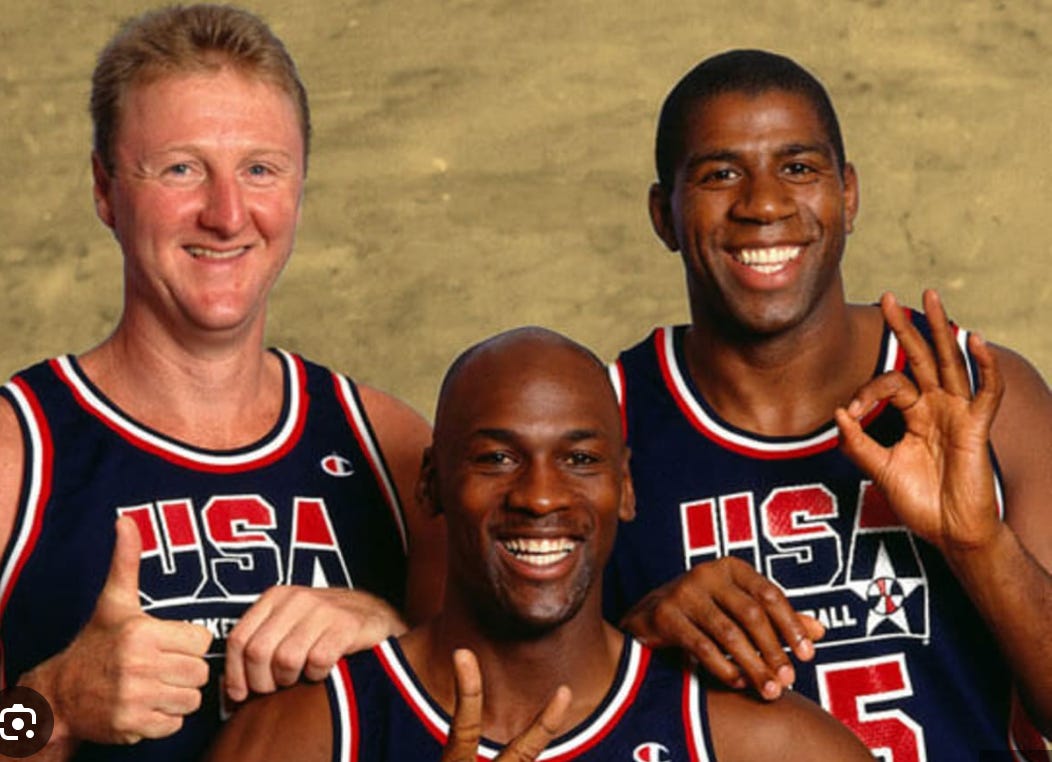Must every American industry enjoy open borders to be world class?
Japanese big league baseball and America's Major League Soccer offer counter-examples to the NBA.
The NBA, like Major League Baseball, is intended to be the dominant world-class league in its sport. Thus, it freely imports talent from all over the world.
In contrast, Japanese baseball teams typically limit the number of foreign players per team to provide opportunities for home-grown athletes and to not have the Nippon Ham Fighters turn into a Triple AAA Dominican team. Japanese major league teams typically have 29 players on the roster, 25 of whom can play in any one game, of whom four can be non-Japanese.
Seems reasonable.
Japan’s major leagues are usually considered to be the second best level of baseball in the world, with American Major League Baseball a clear #1 as the world class league, and American Triple AAA minor leagues as #3. Salaries in Japan peak out around $8 million: not bad, but not high enough to keep Japan’s occasional global superstars like Shohei Ohtani at home.
Baseball remains popular among Japanese youths, with the annual national high school baseball tournament being a huge deal. Would that be as true if the Japanese major leagues were dominated by Caribbean players who couldn’t speak Japanese?
Sumo wrestling has similar rules to prevent giant Mongolian and Polynesian grapplers from utterly dominating this traditional Japanese sport.
Similarly, the Major League Soccer system of the United States has complicated rules limiting the number of foreign players.




